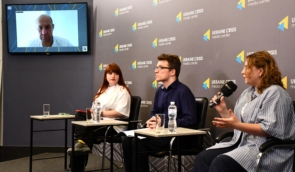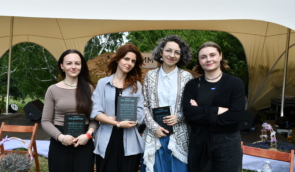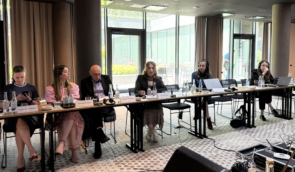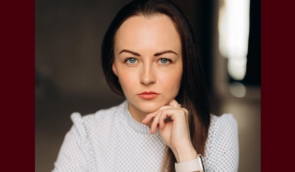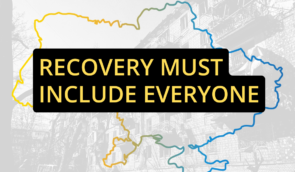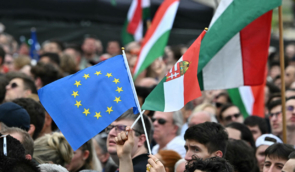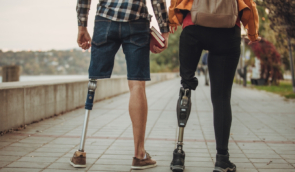Photo exhibition “Stories from occupied Crimea” and film about Nariman Dzhelyal held in Vilnius
On May 18, the photo exhibition “Stories from occupied Crimea”, dedicated to political prisoners who were repressed after the Russian Federation occupied the peninsula, opened on Lukiškės Square in Vilnius. The event was timed to the 79th anniversary of the deportation of the Crimean Tatars by the Stalinist regime and the Day of Remembrance of the Victims of the Genocide of the Crimean Tatar People, and the stories depicted in photos tell about the persecution of the Crimean Tatars by present-day Russia.
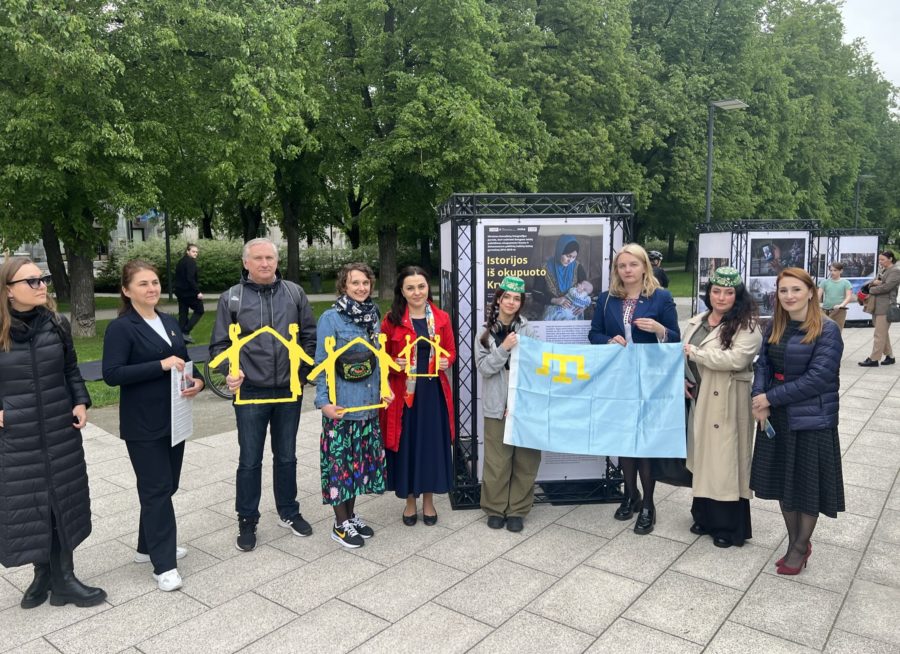
The exhibition was opened thanks to the cooperation of the Ukrainian Human Rights Centre ZMINA with the Barys Zvozskau Belarusian Human Rights House with the support of the Human Rights House Foundation.
“This exhibition reflects life in occupied Crimea, the realities that Crimean Tatar families live with today: these are politically motivated courts, parents who are behind bars, children who grow up without parents,” said Tetiana Pechonchyk, Head of the Human Rights Centre ZMINA, “We are grateful to the Belarusian Human Rights House for helping us to show these stories in Vilnius. This story also resonates with the Belarusian people because of the huge number of political prisoners and the current situation in the country.”
“Stories from occupied Crimea” is a chronicle of life on the peninsula illegally annexed by Russia and documentary evidence of repression against Ukrainian citizens, in particular representatives of the Crimean Tatar people. Large-scale persecution began immediately after Russia occupied the peninsula in March 2014.
The exhibition features 22 photos by Ukrainian reporters Alina Smutko, Taras Ibragimov, and Alyona Savchuk who documented the lives of families of political prisoners in occupied Crimea in 2014–2019 and were banned from entering the Crimean Peninsula and the Russian Federation by Russia from 10 to 35 years.
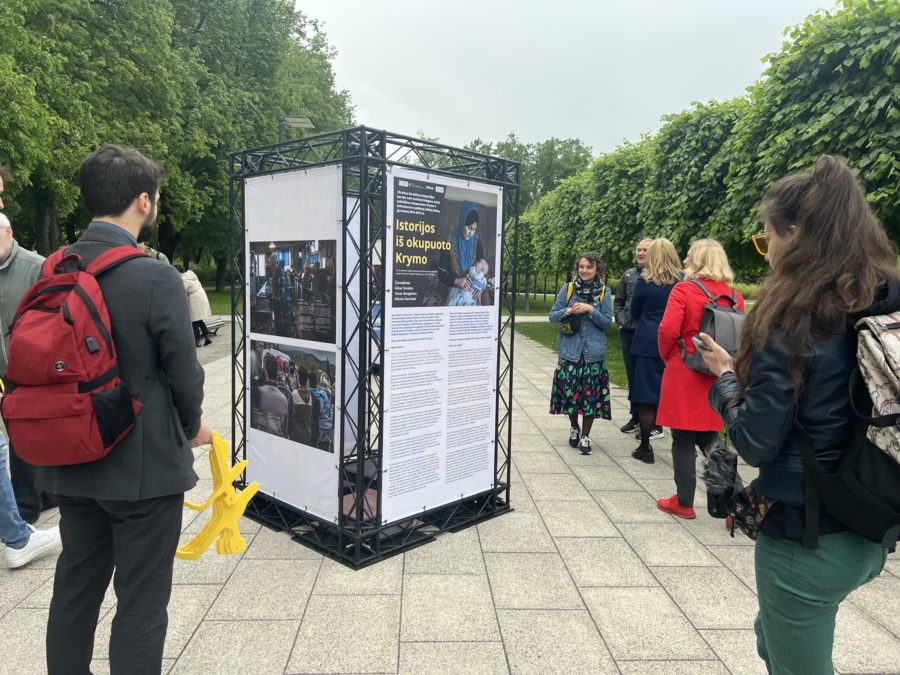
“Now, as the Crimean Tatars themselves say, hybrid deportation is taking place. A large number of families left Crimea after the start of the Russian full-scale invasion of Ukraine and forced mobilization into the Russian army,” said Alyona Savchuk, one of the authors of the photos, at the exhibition opening.
On the day of the exhibition opening, the documentary film “Voice of Crimea. Nariman Dzhelyal” directed by Anna Tsyhyma was shown. At the time of the occupation of Crimea, Nariman Dzhelyal was the deputy chairman of the Mejlis, the representative body of the Crimean Tatar people. When Russian authorities banned the Mejlis in 2016, Dzhelyal continued his work supporting the families of political prisoners and raising awareness of human rights violations in Crimea. In 2021, he and two other Crimean Tatar activists were sentenced to 17 years in prison on fabricated charges.
“At school, when I read about the repressions in the USSR, I never fully believed that people could be so cruel to other people that they could do such inhuman acts,” said Maryia Sliaptsova, the representative of the Barys Zvozskau Belarusian Human Rights House, “At the same time, there was a feeling that all this stayed in past, that we have already evolved enough as humanity and will never repeat the mistakes that were made in the last century. But seventy years passed and history repeated itself. Trouble has come to Crimea again, people are tortured, beaten, killed again just because they wanted to be free and sought to protect their rights.”
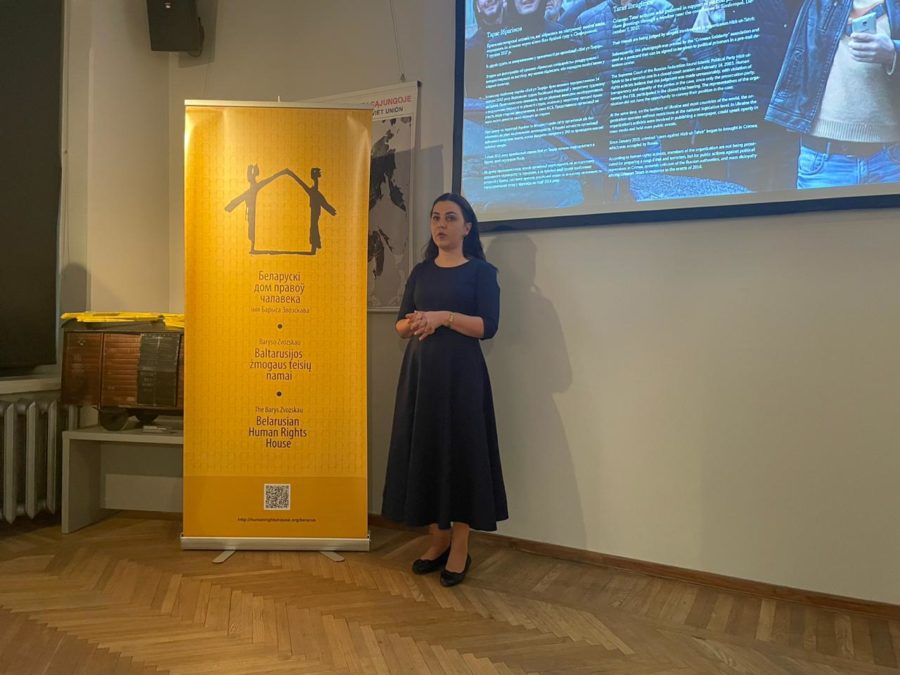 Tetiana Pechonchyk
Tetiana Pechonchyk Maryia Sliaptsova recalled that in 2018, human rights activists organized a monitoring mission to Crimea, in which representatives of the Barys Zvozskau Belarusian Human Rights House also participated. The report with the telling title “Crimea. Breaking the Wall of Silence” was published following the trip.
Oleg Matskevich, a member of that mission from the Belarusian Human Rights House, said that the trip was important for him not only as a human rights defender but also as a Belarusian. In his opinion, Crimea is an example of what Belarus can turn into in case of a similar scenario: a place where military bases are deployed, a zone where people are deprived of opportunities to protect their rights.
“Unfortunately, these words became a prophecy because after 2020, Belarusians who stood for free elections, for freedom of speech, for independence will be tortured and beaten. Freedom of speech was taken away from them. In particular, they cannot express support for Ukraine,” added Maryia Sliaptsova.
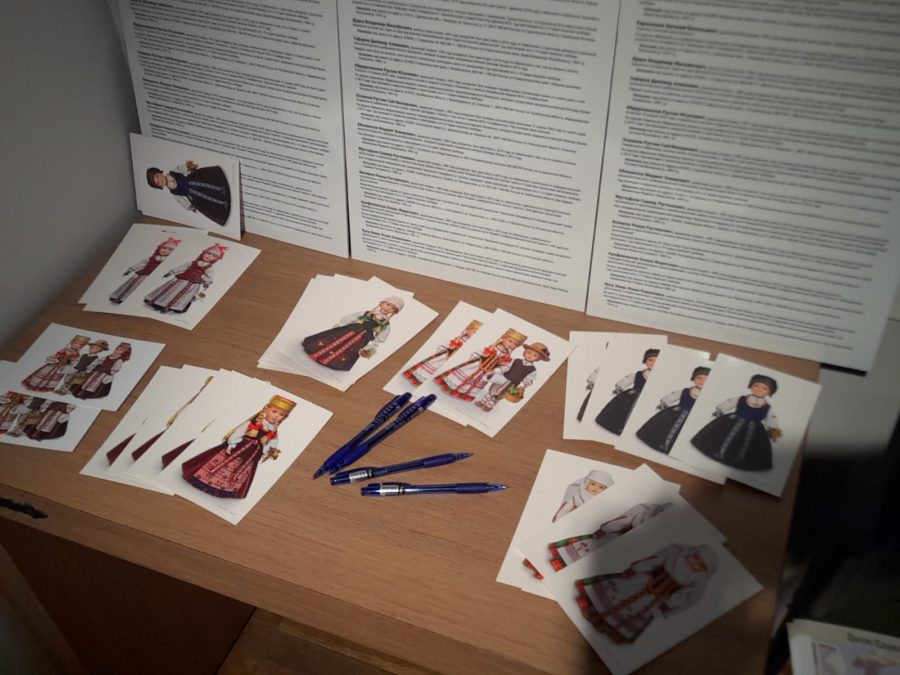
Gulnara Abdulaieva, historian and journalist, a colleague of Nariman Dzhelyal, present at the photo exhibition opening and the film screening, urged to continue fighting for the release of Crimean political prisoners and the future of Crimea free from Russian occupation.
Apart from Vilnius, on May 18, the photo exhibition “Stories from occupied Crimea” opened at the premises of the European Parliament in Brussels and was presented at the Central Railway Station in Kyiv during the thematic event “Remembering History – Returning Territory”.
In Vilnius, the exhibition will last until May 25, 2023.
If you have found a spelling error, please, notify us by selecting that text and pressing Ctrl+Enter.

